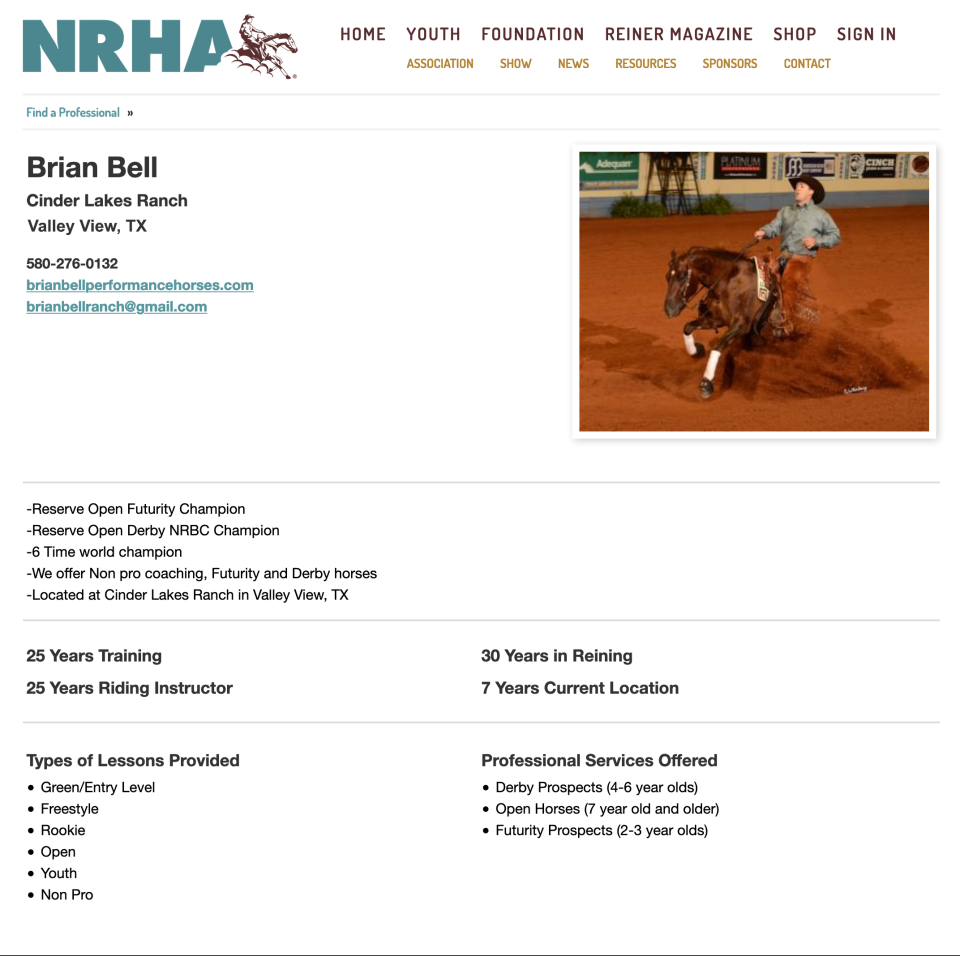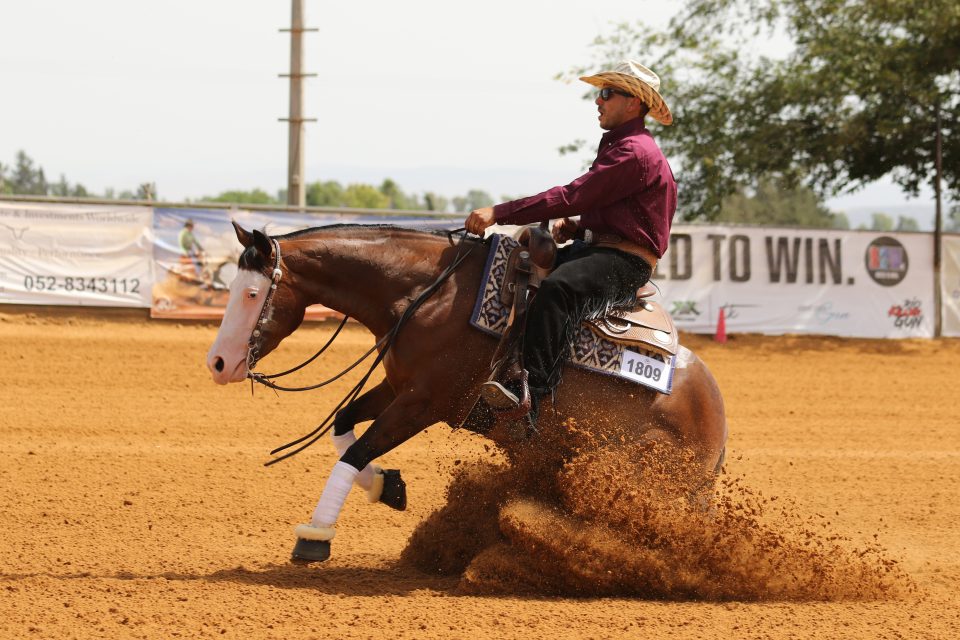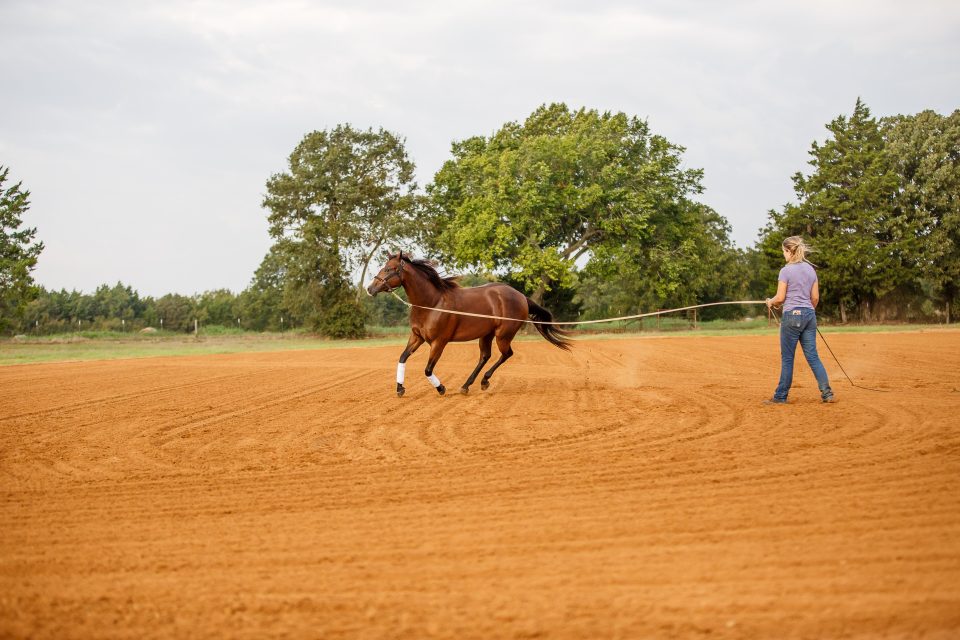When faced with voice recorders and cameras, it can be tough to get the words out right. But it’s critical to show respect for your horse and the sport of reining every time you’re in the media spotlight.
By Jennifer Paulson

You did it! You won a major or large event. The hard work, time, and effort have paid off, and you and your horse are in the spotlight being showered with applause and awards. After the win photo comes the interviews—voice recorders pop up all around you, cameras focus on you, and the microphone is front and center. It’s an easy time to get wrapped up in the adrenaline and say whatever comes to your mind first. But when you’re in the limelight, carefully choosing your words can make a world of difference for your career, your business, your horse, and your sport.
With fall’s championship season upon us, from the High Roller Reining Classic to the All American Quarter Horse Congress to the NRHA Futurity and Adequan® North American Affiliate Championships, these next few months host some of the biggest stages reining finds itself on throughout the year, all around the world. This also means media will be present and excited to talk to you about your horse, the training process that got you there, and how your horse performed—including any possible pitfalls, unexpected problems, and health issues that could’ve kept you out of the winner’s circle.
Read through these tips to prepare for when you’re under pressure to answer tough questions from the media. Thinking ahead can mean the difference in highlighting your program and the sport and seeing opportunities disappear right in front of your eyes.
Part 2: Do Some Prep & Remember As Much As You Can
Why Media Matters
Your time in the media spotlight—whether after a win, offering training tips, or sharing your opinions about industry issues—sets the tone for how everyone in the horse industry sees you. Additionally, when non-horse people look into joining the reining community, their research for a professional can unearth all kinds of media coverage of you and form their opinions without even meeting you.
Media also matters for how we present reining to the public. Consider everything you say in an interview through the Respect the Horse. Respect the Sport. lens.By highlighting all the positive ways NRHA Professionals and members in general care for, train, and show their horses in a way that respects the animals and the sport, it promotes that positivity and becomes the norm for the entire community.
Remember this in the words you use—for example, saying your horse is well-trained as opposed to broke is easier for a general audience to understand and isn’t as off-putting to those who don’t understand industry lingo. Furthermore, consider how you explain situations leading up to the event. When talking to a friend you might say your horse was really sick, seemed really off, or was really sore. But when speaking with the media, choose your words carefully, opting for phrases like, “he was off, but the vet looked at him and we felt good about showing him.”
The bottom line is: Media matters. It matters to your reputation, your business’s standing, and the perception of your sport. This likely isn’t news to you, but accepting that media, interviews, and answering questions that might seem silly at the time is part of your career as an NRHA Professional makes it easier for you and a better experience for everyone.
Read the rest of this article at the links above.



